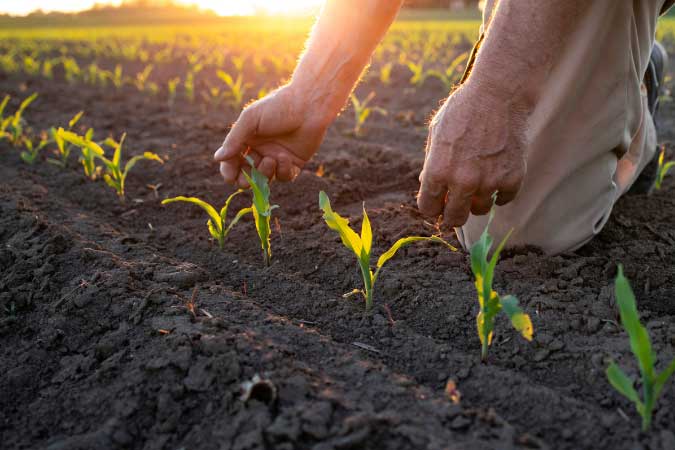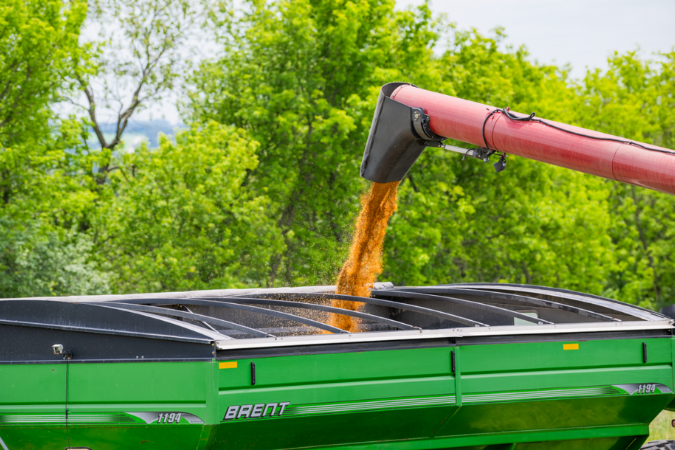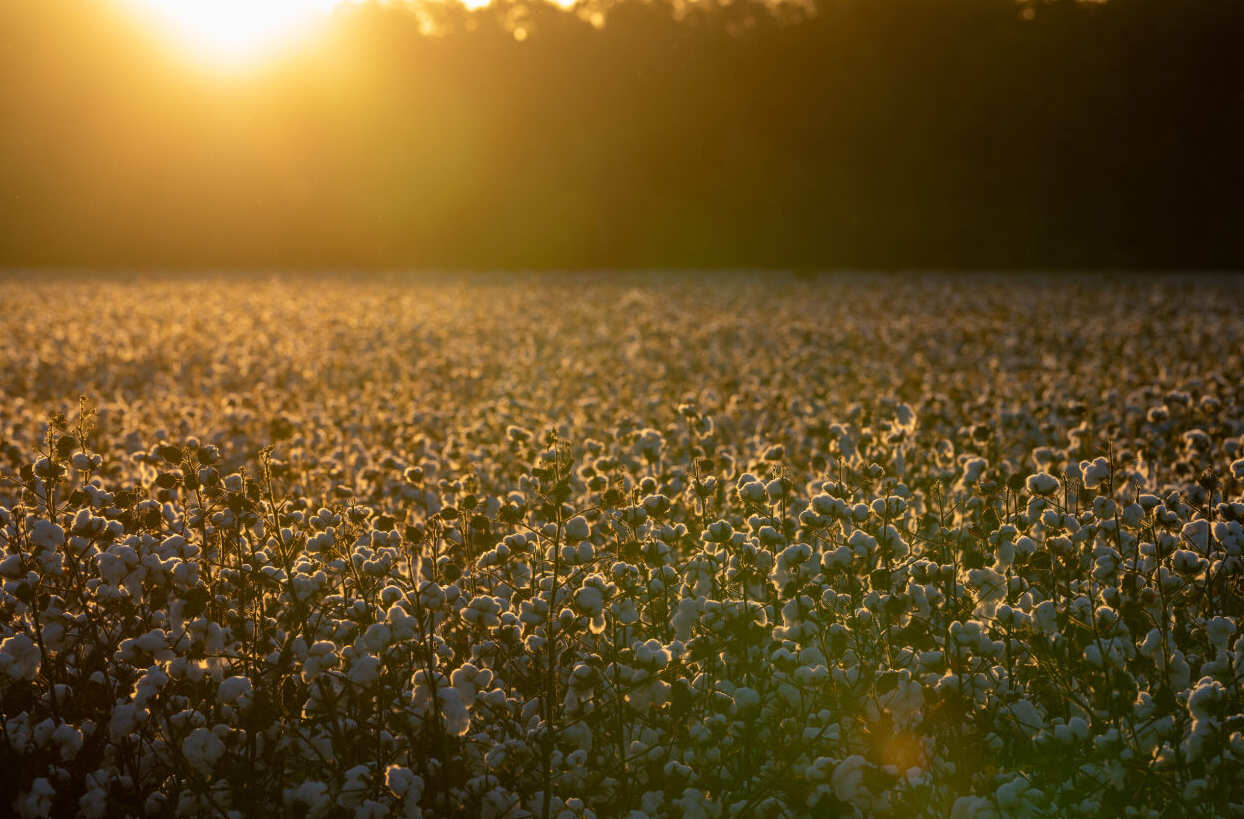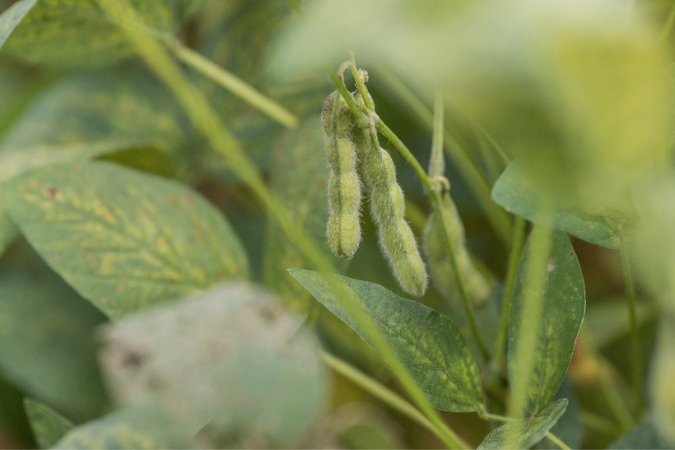Read Time: 4 minutes
Meeting the needs of a changing world, together
Maximize your production while ensuring the future of your farmland. At Cargill, we love partnering with farmers like you to feed the world. We’re committed to working with you to ensure the long-term success of your farm, preserving natural resources for future generations, and minimizing environmental impact. Let’s grow sustainably, together.
Explore our Regenerative Agriculture programs:
If you're planning to implement reduced tillage, no tillage, or cover crops, Cargill RegenConnect can help you unlock your soil's potential. This program connects you to new emerging markets, rewards you for your carbon sequestration, and helps you prepare for the future of farming. Eligible crops: soybeans, corn, wheat, cotton.
If you already practice reduced tillage, no tillage, or cover crops on your cotton, you can get rewarded for those good soil health practices. Earn a premium for each pound of regeneratively-grown cotton you produce.
Unlock additional markets with Cargill SourcePoint Commodities:
If you grow eligible oilseeds in the U.S., you can access a rapidly expanding global market for clean fuel feedstocks with the potential to receive a premium.
This commodity is a cash crop used for oilseed production with added environmental benefits similar to an over winter cover crop. By trying this crop on new acres, you may be eligible to participate in additional soil and water conservation programs.

Unlock your soil's potential
Profitability and positive environmental impacts can go hand in hand. When implementing regenerative practices such as cover crops and reduced tillage in your corn, soybeans, wheat, or cotton, you can increase crop productivity and land resilience, enhance soil organic matter, reduce erosion, and improve water quality and availability.

Access new, dynamic market opportunities
Winter camelina produces high concentrations of oil and can be grown similar to a cover crop but harvested like a cash crop. As a low-carbon oilseed, this crop addresses the growing need for renewable fuels globally. Farmers in Minnesota and North Dakota have the opportunity to enroll in this year's program beginning August 1, 2024.


